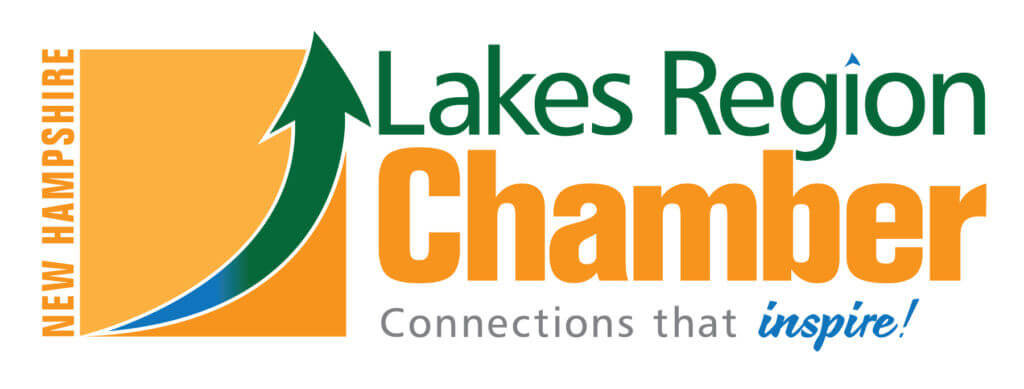At a time when public trust in institutions continues to slide, small businesses have a unique opportunity to do something powerful: champion inclusion through the very way they market. No longer is it enough to post a stock image of diverse faces during a heritage month or offer a discount code with a social message. Customers—especially younger ones—are paying close attention to how a brand behaves behind the scenes. For small business owners, the path forward involves using marketing not just as a promotional tool, but as a vessel for values that genuinely reflect diversity, equity, and inclusion.
Build Representation Into the Bones of the Brand
If a brand’s messaging doesn’t reflect the people it claims to support, the contradiction can ring louder than the message itself. Representation must start from the ground up, not just appear in public-facing content. This means working with diverse creatives, consulting with voices from underrepresented groups, and showing that inclusion is a foundational part of the brand identity. Done right, this ensures that the images, words, and narratives being shared aren’t just diverse in appearance—they’re authentic in origin.
Work With Inclusive Influencers Who Do More Than Sell
Influencer marketing has become a staple in the digital landscape, but partnerships need to go deeper than follower counts and aesthetics. For small businesses aiming to uplift DEI, the right collaborators are those who live their values out loud—activists, educators, creators who use their platforms to drive conversation, not just conversions. When these individuals are given full creative freedom, the resulting campaigns don’t feel transactional. Instead, they become meaningful extensions of a brand’s commitment to real-world change.
Let the Community Tell the Story
Small businesses often overlook the goldmine of insight sitting just beyond their storefronts: the community they serve. Creating opportunities for customers to share their stories—through video testimonials, user-generated content, or local spotlight series—puts a real face to inclusion. These stories, rooted in lived experience, transcend the polished surface of traditional campaigns. They also build trust, reinforcing the idea that a brand doesn’t just exist to speak, but to listen and elevate.
Use AI Imagery to Reflect Inclusivity
AI-generated visuals can expand the creative toolkit for small businesses looking to capture more inclusive narratives in their marketing. Instead of relying on the same predictable stock photos, brands can use text-to-image tools to design content that reflects a broader spectrum of human experiences—whether that’s different body types, cultural celebrations, or overlooked communities. This approach gives marketers more control over how diversity shows up visually, helping campaigns feel more intentional and representative. For those curious about experimenting with this technology, tools that convert text into custom images can streamline the process—learn more.
Sponsor Where It Counts
Sponsorships and charitable partnerships are easy to tout, but they’re often more effective when handled with restraint and relevance. Small businesses can support DEI efforts by aligning with community events, local nonprofits, and educational programs that don’t always get mainstream attention. Instead of backing the loudest cause of the moment, choose the ones that align naturally with your brand’s mission and make a tangible difference. Let the marketing emerge from the impact, not the other way around.
Commit to Internal Alignment Before External Promotion
One of the most overlooked aspects of DEI in marketing is the internal check-in. A brand can’t convincingly campaign for equity if its own team feels excluded, underpaid, or voiceless. Before launching any outward-facing strategy, small business owners should audit their own workplace practices: hiring, training, compensation, and collaboration. Even if the business is a team of five, fostering a culture of inclusion internally will always amplify the authenticity of external messaging.
Practice Consistency Over Campaigns
Diversity isn’t a seasonal sale. Customers can sniff out when a business suddenly “cares” in June or February, only to go silent the rest of the year. Small businesses should approach DEI in marketing the same way they approach brand tone or customer service: as an ongoing commitment. This can look like recurring community spotlights, monthly resource shares, or embedded messaging that shows inclusion is not a trend—it’s the standard.
Marketing that supports diversity, equity, and inclusion shouldn’t feel like a detour from core business objectives. For small business owners, it can—and should—be part of the engine that drives connection, loyalty, and growth. By treating inclusion not as a checkbox but as a mindset, brands stand to earn something that can’t be bought: lasting trust.
Discover the community and opportunities in the Lakes Region by joining the Lakes Region Chamber. Connect, collaborate, and thrive with us today!






